
A delirious head and neck cancer patient does not have the capacity to make treatment decisions. Can we begin palliative radiation therapy without his consent?

Your AI-Trained Oncology Knowledge Connection!


A delirious head and neck cancer patient does not have the capacity to make treatment decisions. Can we begin palliative radiation therapy without his consent?

The radiologist could not have known exactly what was in store for me, but it obviously wasn’t good. Couldn’t he have dredged up even a nanoparticle of empathy

An FDA advisory panel unanimously endorsed EP2006, a biosimilar of filgrastim, a biologic used to treat neutropenia caused by chemotherapy treatment.

Women with bilateral malignant ovarian germ cells tumors may still have a good prognosis and may be able to maintain fertility with conservative treatment.
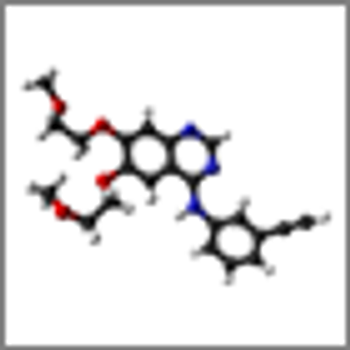
In a phase III trial, erlotinib performed no better than placebo when added to sorafenib in treatment-naive patients with advanced hepatocellular carcinoma.
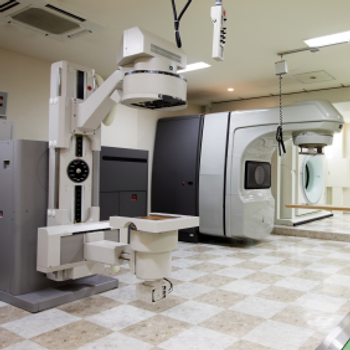
Older men who received radiotherapy in addition to ADT had fewer deaths from their locally advanced prostate cancer compared with those treated with ADT alone.

Experts from ASCO and AACR have penned a statement for policymakers on the potential negative effects of e-cigarettes and other nicotine-deliveries electronics.

Adding radiotherapy to adjuvant chemotherapy in the ARTIST trial yielded similar results to chemo alone in patients with D2 lymph node-resected gastric cancer.
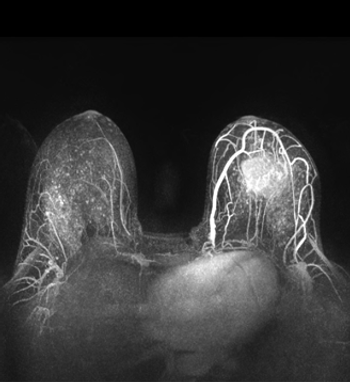
Adding an MRI to a mammogram improved the sensitivity of breast cancer screening in women 50 years of age or older who are BRCA mutation carriers.

In this slide show we present some of the top cancer stories of 2014, including a newly discovered gene that confers a high-risk of breast cancer and the impressive survival improvement with the addition of docetaxel to ADT in newly diagnosed metastatic prostate cancer.
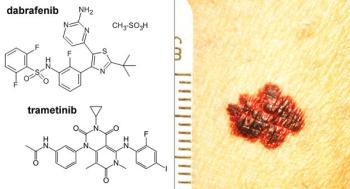
This slide show highlights the 2014 FDA approvals of cancer treatments, which included therapies for melanoma and lung, gastric, ovarian, and cervical cancers, as well as various hematologic malignancies.

Multiple lines of therapy in stage IV tumors have diminishing benefit, and this is where patients and families need to know that the finish line is the same.
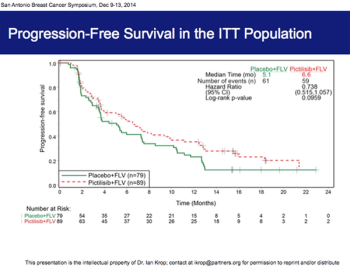
This slide show features some of the top highlights from the 2014 San Antonio Breast Cancer Symposium, including ovarian suppression in ER-positive breast tumors, tamoxifen for disease prevention, and immunotherapies for triple-negative breast cancer.

Risk for febrile neutropenia was high among patients with metastases from a variety of common cancers and was associated with numerous clinical and economic consequences, including increased morbidity and mortality.

The purpose of this article is to present an updated set of American College of Radiology consensus guidelines formed from an expert panel on the appropriate use of radiation therapy in postprostatectomy prostate cancer.
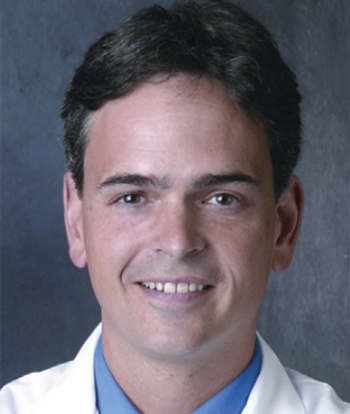
Patient satisfaction data can give practices insight into their operations and make specific, practice-level adjustments accordingly, and with aggregated data we can gain insights into global practice responsiveness and patient perceptions regarding care.
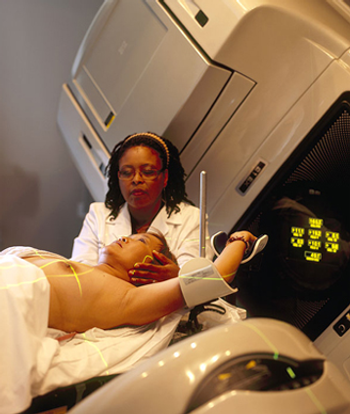
Accelerated partial breast irradiation was shown to be just as effective and safe as whole breast irradiation in early-stage breast cancer patients.
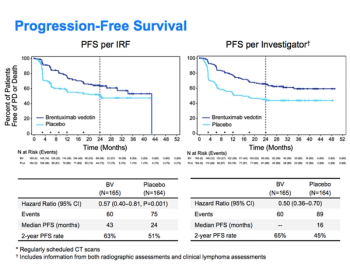
This slide show features some of the top highlights on immunotherapies and other new agents in leukemia and lymphoma from the 2014 ASH Meeting.

Given the limited data, where, if anywhere, does ginger fit into prevention of nausea and vomiting in patients receiving chemotherapy?

An extremely large database study across more than one million people found no increased risk of bladder cancer with the diabetes drug pioglitazone.

Autologous hematopoietic cell transplantation is a safe and effective treatment option for patients with HIV-associated lymphoma, according to a study presented at ASH 2014.
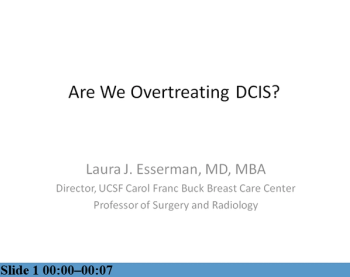
With evidence from a number of studies, this presentation delves into the controversy surrounding the treatment, or overtreatment, of ductal carcinoma in situ (DCIS), and discusses whether or not these lesions should indeed be classified as breast cancer.

A study was done that showed a video of patients with advanced Alzheimer disease to newly diagnosed dementia patients. Those who watched the videos were far more likely to make decisions against feeding tubes or other aggressive interventions. In this age of GoPro cameras and video capabilities on nearly every phone, are we behind the times?
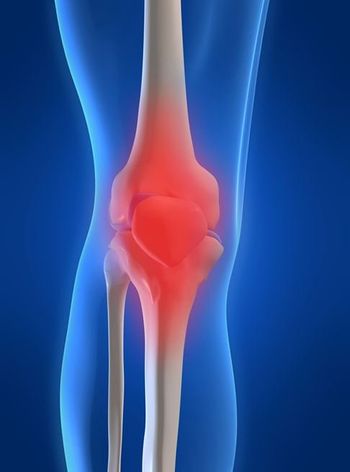
An increase in exercise led to a significant decrease in the amount of arthralgia reported by breast cancer survivors being treated with aromatase inhibitors.

A panel of experts has put together a guide to implementing shared decision-making that provides tips for integrating the model into busy oncology practices.
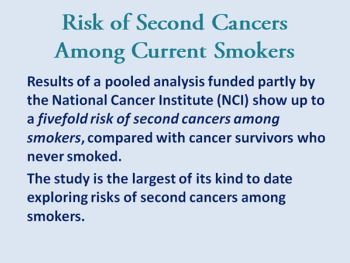
This slide show reports on a pooled analysis that found up to a fivefold risk of second cancers among smokers, compared with cancer survivors who never smoked.

ASCO is calling for major reforms to the Medicaid system in order to close gaps in cancer coverage and improve quality of care for low-income Americans.

Cancer patients who received hospice care during the last year of life had fewer hospitalizations and lower overall costs than patients outside of hospice.

The use of a prostate cancer antigen 3 urine test could help men avoid undergoing unnecessary repeat biopsies, and predict which will be positive for cancer.

Depressive symptoms and impaired executive functioning, both common in patients with glioblastoma, are independently associated with shorter overall survival.